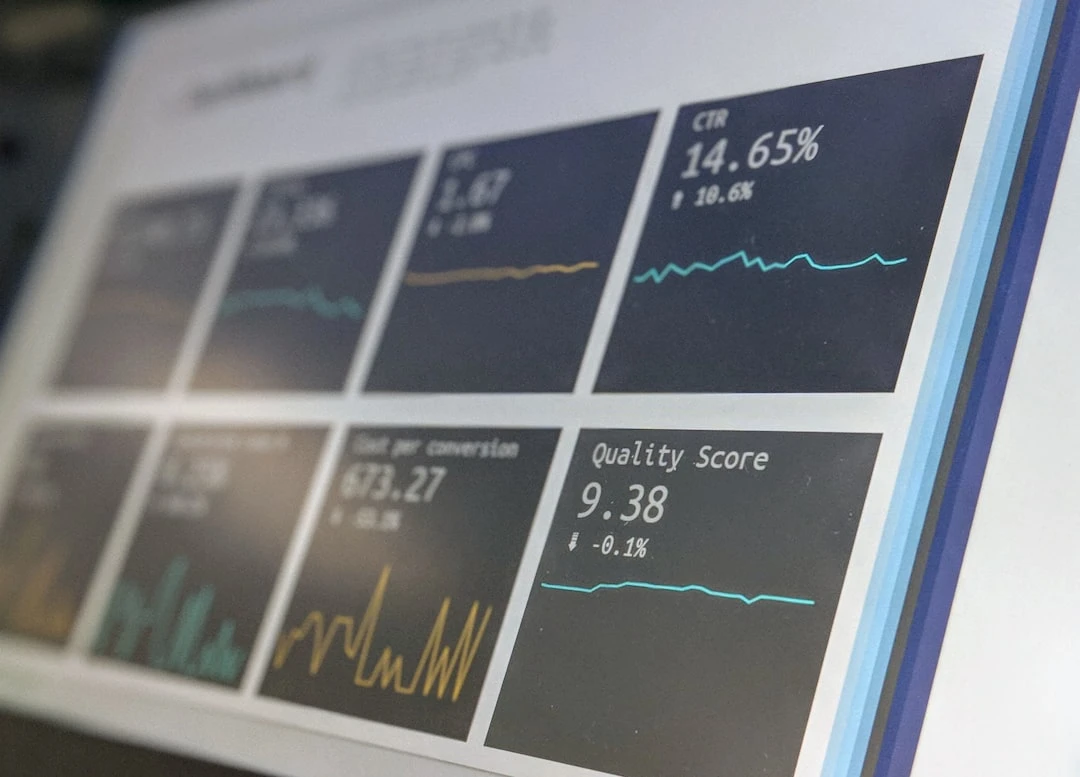General Consumer Confidence Has Also Affected the Commercial Real Estate Market

Consumer confidence – an invisible force in the commercial real estate market
When looking at the commercial real estate market, the tendency is to focus on interest rates, economic growth, or unemployment. However, much less is said about one soft, yet very influential factor: consumer confidence. Yet it is precisely this that determines how bold companies are in investing, expanding, and renting or purchasing new premises.
Confident consumer = confident tenant
It is no secret that when the end consumer feels confident in the economy, they buy more goods and services. As a result, companies' turnover increases and the need for new premises grows – whether that is a larger retail space, additional storage, and/or a new office. I see this daily: the activity of retail tenants moves directly in line with consumer sentiment. When the consumer tightens their purse, the acquisition of new premises is also postponed.
Consumer fear = indecision in commercial real estate
When consumer confidence falls, businesses also become conservative. Fewer inquiries arrive for rental offers, sales transactions drag on or are cancelled. Decisions related to officespace are postponed, the growth of storagespace needs is forecast more cautiously and small investors wait on the sidelines. In brokerage work you see it immediately – the pace slows and client interest becomes more selective, also financially.
Developers monitor sentiment closely
Developers don't just look at construction costs and projected returns, but monitor consumer sentiment very carefully. If the consumer doesn't consume, neither do tenants expand. If tenants don't expand, spaces remain empty. If spaces remain empty, the project goes on the shelf. The cycle is really that simple.
In my work, I often monitor sentiment more than economic indicators
Consumer confidence is certainly measurable in numbers, but for me it is also expressed in client questions, the frequency of calls, and decision-making speed. When clients call more often, ask specific questions, and move forward at a good pace, the market is alive. When there is passivity, it is clear: something has also changed in consumers' expectations and perceptions.
What does the near future bring?
Low consumer confidence will not persist. Historically, it is always cyclical – recovery follows decline. The question is only timing. In the first half of 2025, the market may remain cautious, but if overall inflationpressure decreases and interest rates stabilize, companies will again dare to invest and expand. Quoting Viljar Arak: "Nothing happens overnight again, but we are with you, dear readers, at the moment of a trend turning point."
Recommendations for tenants:
Use the quiet period for negotiations. Currently there is more flexibility in the market – both in price and terms. Owners are willing to listen. With longer-term leases, you can ask for rent-free periods or investments in adapting the rental space.
Review the efficiency of your spaces. If consumption has temporarily declined, it is worth assessing whether all spaces are being used to their maximum potential or if something can be consolidated or sublet.
Consider shorter-term leases. In an unclear market situation, it is often wise to enter into more flexible agreements that allow for faster response to changes in demand.
Recommendations for investors:
Good time to take a position. When consumer confidence is low and transaction activity is modest, it is possible to acquire assets at more favorable prices. Now is the time to map out motivated sellers and conduct negotiations.
Focus on stable tenants. Choose assets where the tenant is a strong company, whose service or product does not depend on seasonal sentiment (e.g., logistics, health services, state-related tenants).
Be patient. In the next cycle, the winners are those who act now. A slow period does not mean there are no opportunities – they are simply hidden deeper and require more work.
Although consumer confidence does not bounce back overnight, there is change in the air: phones ring more frequently, interested parties ask more precisely, decisions are made faster. It is such sentiments that signal that the ice has started to move. Now is the time to be alert and ready – because those who act today will not be watching others' backs tomorrow, but will be ahead themselves, directing new growth.




